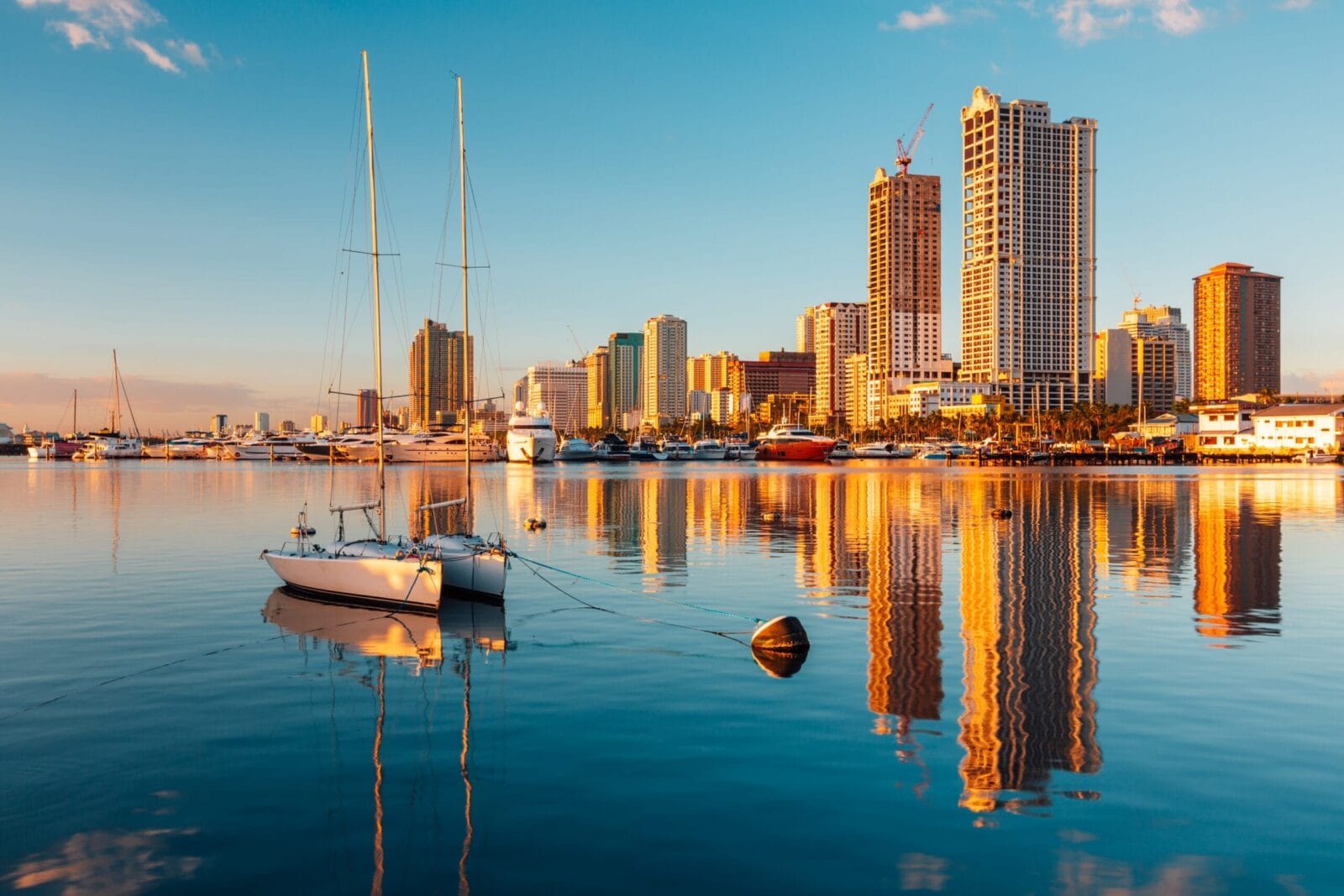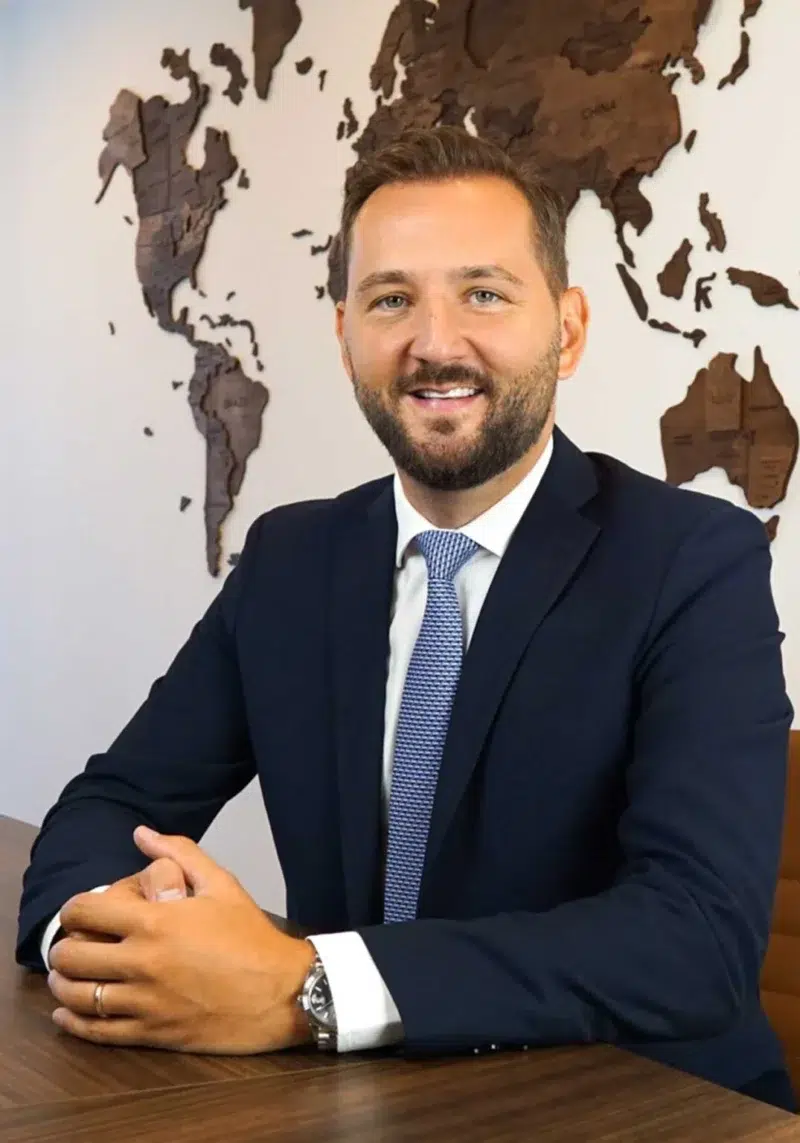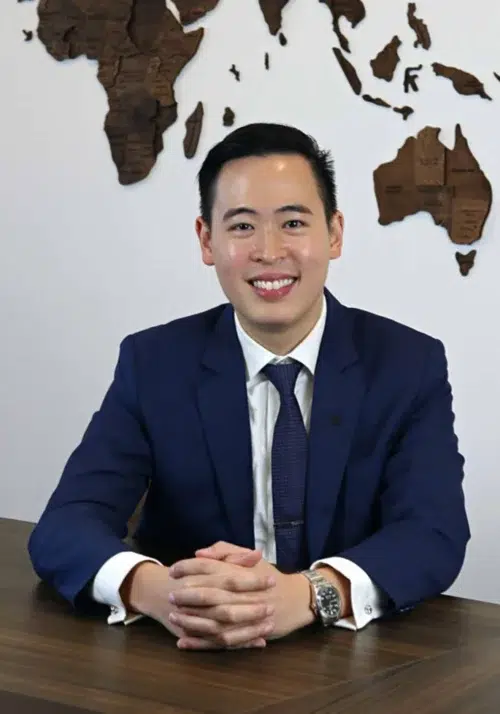What the UAE’s New Consular Services for Golden Visa Holders Tell Us About the Future of Residency, Global Mobility, and Human Belonging
Imagine this: You are a long-term UAE golden visa holder on holiday in Europe. One morning, you wake up, and your bag is gone; and with it, your passport. In an instant, a beautiful holiday turns into a crisis. You call your country’s embassy – but they can’t help. You call the UAE consulate, but there’s nothing they can do either. Your long-time home abroad had no legal obligation to support you in a crisis. Until now.
That scenario above has been the reality for many long-term residents in the UAE for many years: welcomed for what they bring (skills, innovation, hard work, dedication), but with no legal frameworks to fall back on for support in times of crisis.
But that is changing. In a huge announcement at Gitex Global 2025, the UAE has extended consular services (once reserved only for Emirati citizens) to Golden Visa holders and their dependents.
Whats New? – Expanded Consular Services
The new UAE consular services for Golden Visa holders are comprehensive. They include:
- 24/7 MoFA Emergency Hotline
Golden Visa holders and their dependents can now reach the UAE’s Ministry of Foreign Affairs (MoFA) around the clock through a dedicated global hotline. - Lost or Damaged Passport Assistance
If a passport is lost or damaged while travelling, MoFA can issue an Electronic Return Document – typically within 30 minutes – allowing Golden Visa holders to return safely to the UAE. - Repatriation & Burial Assitance
In the unfortunate event of a death abroad, the UAE government now provides full coordination for repatriation or burial, assisting families with logictics, documentation, and embassy liaison. - Global Crisis & Evacuation Support
Golden Visa holders and their dependents are now included in UAE’s internation evacuation and crisis response plans. Whether due to natural disasters, conflict zones, or global emergencies, the UAE ensures its long-term residents are not left behind.
But who qualifies for these consular services? The UAE has made eligibility extremely clear: Golden Visa holders, along with their dependents (who hold valid residency permits), are entitled to access these services.
Whilst this move has been met with doubts in certain corners, with detractors pointing to potentially long rollout times and no immediate change, I am confident that the UAE’s strong existing digital infrastructure makes it much more feasible to be executed in the short term. In the UAE, there are already mature and reliable apps such as UAE Pass, which serves as the backbone of many smart government services, enabling secure identity verification and seamless access to support when you need it.
This change also aligns into the UAE’s 2025 national theme of the “Year of Community”; reinforcing a broader message: Golden Visa holders are not just living here – they are a meaningful part of the nation.
The Shift in Context
The UAE Golden Visa programme was launched in 2019, initially exclusive to investors, entrepreneurs, high net worth individuals, and the like. But over time, eligibility opened to include healthcare workers, creatives, teachers, and high-performing students.
What initially began as a highly selective programme has transformed into a way for the UAE to attract global talent and capital; not just to work in the UAE, but to stay long-term. For years, the UAE has faced criticism for treating expatriates primarily as economic contributors – appreciated for their value but rarely made to feel they truly belong or have a lasting stake in the country. By extending consular support to Golden Visa holders and their families, the government is addressing a long-standing gap in inclusion.
Potential Challenges & Questions
Of course, bold ideas must be matched with effective and sustainable implementation. The questions are: can these consular services be reliably scaled worldwide? Will they be equally accessible to all eligible residents, regardless of nationality, visa duration, or geographic location? In practice, the implementation may vary, and public expectations could exceed what is immediately deliverable.
Providing diplomatic support is not cheap, and for the UAE, this raises valid questions about long-term sustainability. Will Golden Visa holders eventually bear some of the cost for these added privileges?
What This Could Mean Going Forward
This change could legitimately shift expectations globally for residence by investment programmes; there will no doubt be added pressure from investors for added value. Could this spell the end of purely transactional programmes? Will investors now expect Golden Visas to come with full-residential support, with these benefits viewed equally as essential as tax incentives or visa-free access? This is something other programmes will need to consider in order to remain competitive.
Governments may begin to view long-term residency not merely as commercial agreement but as form of social contract beyond just work or investment.
This change could also trigger a new wave of global migration; where professionals and investors are drawn to programmes not only by economic or travel opportunities, but also by the promise of safety, security, and inclusion within the community they are joining.
It also opens the door for further policy innovation: extending legal rights, voting access (after a certain amount of years), tax agreements, and even social welfare benefits to non-citizens could be further developments that governments may consider.
Final Thoughts
For me, it would be too simplistic to suggest that this new rollout of consular services is about replacing lost passports or a new emergency hotline. In my opinion, this has much more to do with the way countries will view long-term residence in the future, which challenges long-held assumptions. It challenges the idea that no matter how long residents stay in their country of choice, they will never truly assimilate.
Other governments, especially those with residence by investments programmes, would do well to take notice. This could mark the start of a new era – one where belonging is not defined by a passport, but by participation, contribution, and shared purpose.
For UAE Golden Visa holders, this is a promise of opportunity, of recognition, of protection, and of participation in the life of a place they call home.
If you are interested in holding a Dubai Golden Visa, or would like to discuss anything you have read in this blog in more detail, please feel free to reach out to me directly at Felix.Weinstok@passportlegacy.com.



































